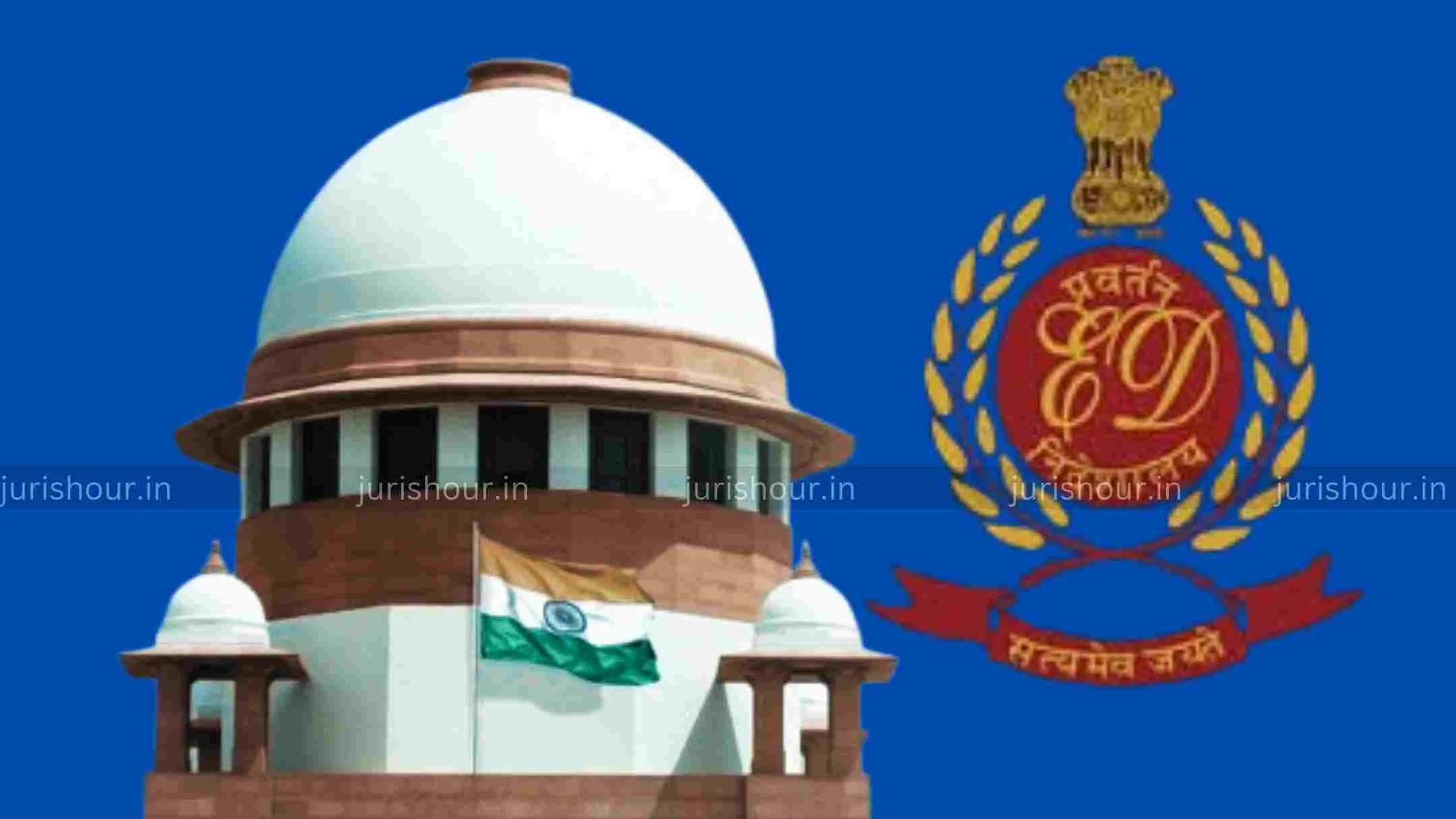The Supreme Court has stayed the trial under the Prevention of Money Laundering Act (PMLA) against four petitioners, noting that no chargesheet has been filed in the scheduled (predicate) offence for over seven years.
A Bench of Justices Vikram Nath and Justice Sandeep Mehta passed the interim order and issued notices to the Enforcement Directorate (ED) and Indian Bank.
The court was hearing a plea filed by four women accused in a money laundering case arising from a 2018 FIR lodged by the Central Bureau of Investigation (CBI). Senior Advocate PB Suresh, appearing for the petitioners, contended that the trial in the PMLA case could not proceed in the absence of a chargesheet in the predicate offence. He further pointed out that the petitioners were not even named in the original CBI FIR.
The predicate FIR, registered under Sections 120B, 406, 420, 468, and 471 of the IPC, was filed by the CBI following a complaint by Indian Bank against M/s Cethar Limited and others. The ED subsequently registered an Enforcement Case Information Report (ECIR) under PMLA, bringing the petitioners within the ambit of the investigation.
The petitioners, who are family members of the company’s former Chairman and Managing Director, asserted that they had no involvement in the company’s financial or managerial affairs. They argued that they have been dragged into the proceedings solely due to their familial relationship with the key accused, and further claimed there is no evidence suggesting they handled or benefited from the alleged proceeds of crime. They also drew the Court’s attention to the seizure of their personal jewellery and other assets, noting that the company in question is currently undergoing liquidation.
Earlier, the petitioners had approached the trial court for discharge, but their plea was rejected. A subsequent criminal revision petition before the Madras High Court also met with dismissal, prompting them to move the apex court.
In support of their case, the petitioners relied on the Telangana High Court’s ruling in Bharathi Cement Corporation Pvt. Ltd. v. Directorate of Enforcement, where the trial under PMLA was stayed pending outcome of the trial for the predicate offence. In that case, the ED had initiated proceedings alleging that bribes were disguised as investments in Bharathi Cement in exchange for government favours during the tenure of former Andhra Pradesh Chief Minister Jagan Mohan Reddy. The Supreme Court later dismissed the case as withdrawn following a prayer from the ED.
The petitioners also cited the apex court’s earlier interim order in S Martin v. Directorate of Enforcement, where the court had initially stayed the PMLA trial against Santiago Martin—a key figure in the Indian lottery business—until the conclusion of the CBI’s case. Though both trials were later allowed to proceed simultaneously, the Special Court was restrained from delivering judgment in the money laundering case until the predicate offence was adjudicated.
The Supreme Court’s interim relief in the current matter is expected to reignite discussions on the legal threshold required for initiating PMLA prosecutions, especially in the absence of foundational findings in the predicate offence.
Case Details
Case Title: S. Srividhya & Ors. Versus Assistant Director & Anr.
Case No.: Special Leave to Appeal (Crl.) No(s). 10113- 10115/2025
Date: 25-07-2025
Counsel For Petitioner: P.b.suresh, Sr. Adv.

